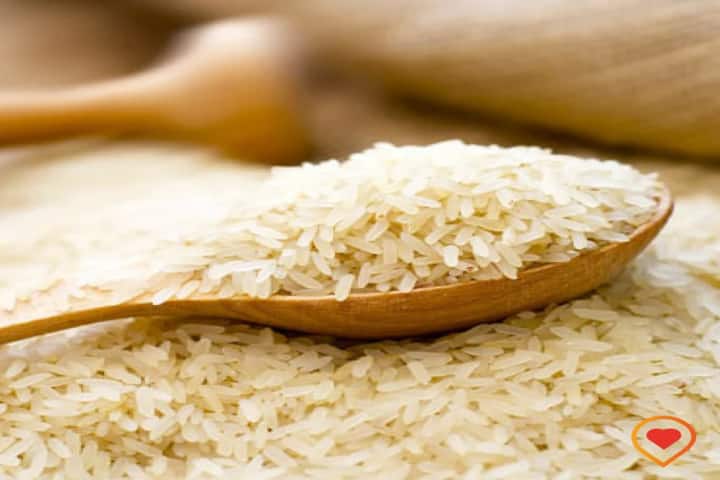

China's food imports have been on the rise
Even as India imposed a ban on exports of non basmati rice, it will continue to supply grains to countries that seek New Delhi’s assistance in the wake of the geopolitical shifts and the uncertainty engulfing the Black Sea Grain Initiative. Sources told India Narrative that New Delhi will not deviate from its commitment to support the initiatives of the Global South to strengthen food security. While the decision to impose the ban was taken due to uneven rains in the country, which has pushed up domestic food prices, they said that it could be reviewed in a few months if the situation improves.
Farmers’ organisations said that the rain pattern for the next 15 days will be crucial to get clarity over the production situation. While several states have received more than normal rains many others such as West Bengal and Assam have received less than normal. Many parts in Punjab and Haryana, two of the key rice producing states have been flooded. This has caused worries for policymakers.
“But the monsoon situation seems to be stabilising now, so the decision (on the ban) could well be reviewed. But given the current situation and price rise, the government had no other option. The priority has to be food supply for our own people and that it will not be compromised,” an official said.
India is the world’s largest exporter of rice accounting for almost 40 per cent of the global supplies.
Though sowing of paddy has been delayed in a few states due to the uneven rain pattern, farmers’ organisations said that there was no need to press the panic button yet. “If the rain pattern normalises in the next few days, crops will not be impacted,” the official said.
About 60 per cent of the rice sowing in India takes place during the Kharif season. The remaining production of rice takes place during the Rabi cycle in the winter months.
Vinod Kaul, Senior Executive Director, All India Rice Exporters’ Association, pointed out that exports this year will be impacted. “The ban is due to the uneven rains in the country, which has impacted sowing but we are hopeful that the situation will improve. Even last year, sowing started late and there was panic. But in the end overall production of the grain did not suffer,” Kaul said.
India’s agro-production and exports have global implications on food security. India ships rice to about 14o countries.
Also read: With food security on the radar, India, Iran look at expanding agri-partnership
Noting that India and China have made good progress in the past nine months for…
Baloch National Movement (BNM) chairman Naseem Baloch has urged the European Union to immediately reconsider…
The Axiom-4 mission, a crew featuring IAF (Indian Air Force) Group Captain Shubhanshu Shukla, is…
The India Meteorological Department (IMD) has issued an Orange Alert for six districts of Himachal…
Madhya Pradesh Chief Minister Mohan Yadav held a high-level bilateral meeting with Chairman of the…
Amid growing concerns over rising instances of radicalisation in prisons, the Ministry of Home Affairs…